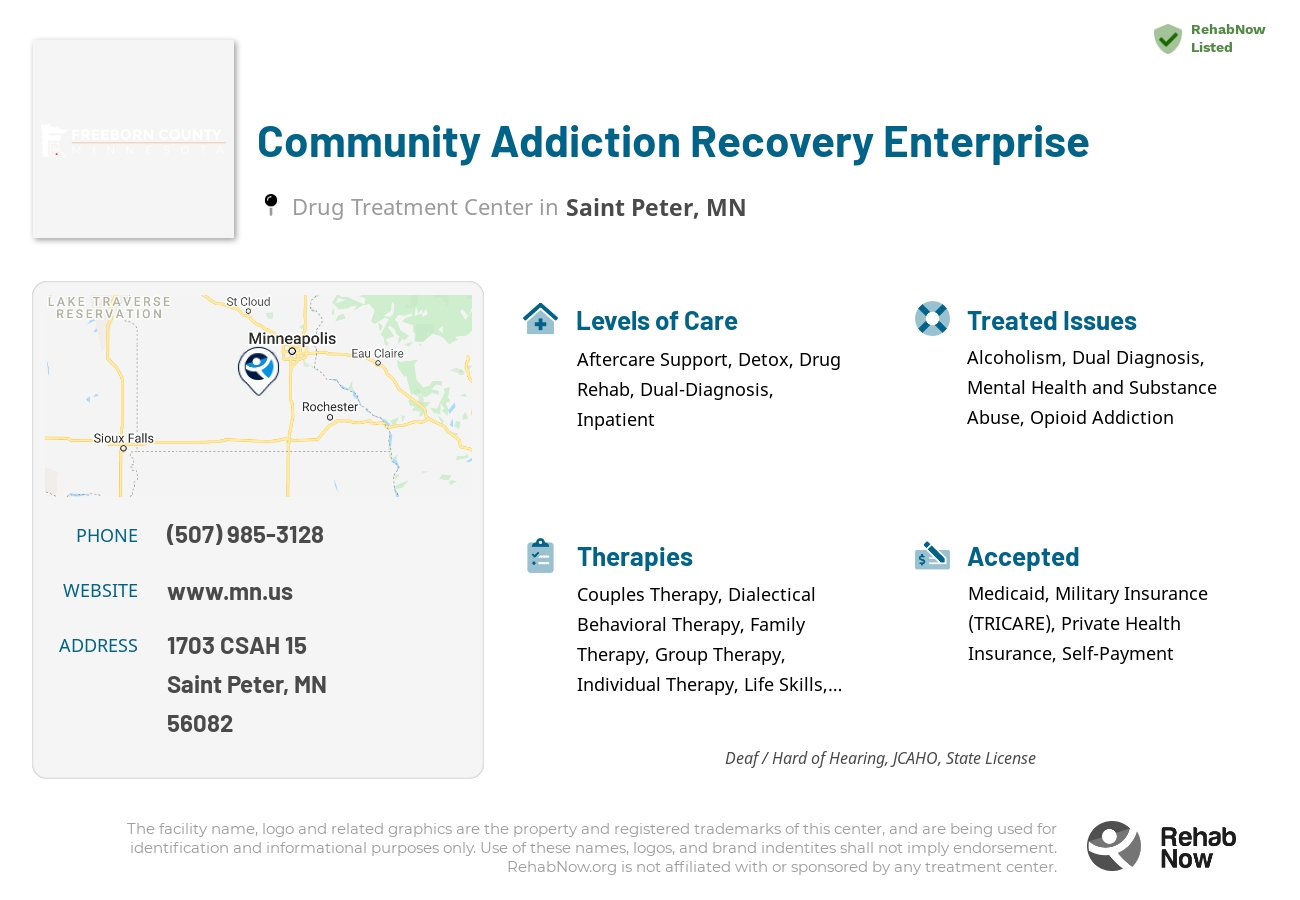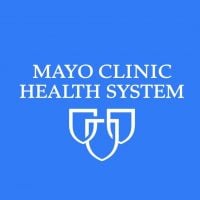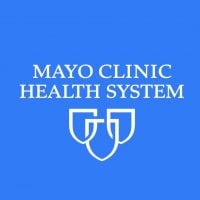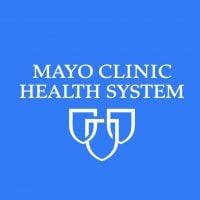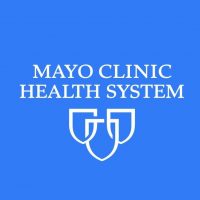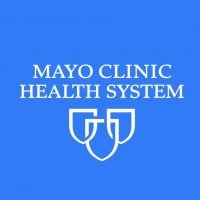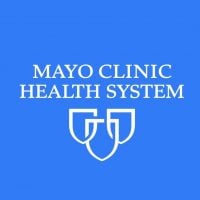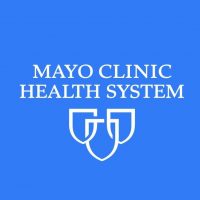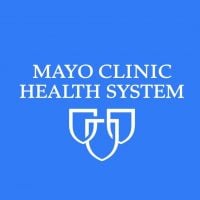Community Addiction Recovery Enterprise
Drug Rehab Center in Saint Peter, Minnesota
Community Addiction Recovery Enterprise offers a variety of addiction, mental health, and recovery services, including detox, residential and outpatient treatment, support groups, and more, tailored to individuals' needs, and provides additional services such as job placement and housing assistance to ensure positive outcomes.
About This Minnesota Facility
Located in Saint Peter, Minnesota, Community Addiction Recovery Enterprise specializes in treating individuals with chemical dependency and co-occurring mental health issues. This 36-bed residential facility stands out by also offering treatments for individuals struggling with gambling addiction and those who have experienced sexual abuse or domestic violence.
Community Addiction Recovery Enterprise is accredited by the Joint Commission of Accreditation of Healthcare Organizations (JCAHO) and holds a state license. The center focuses on providing individualized care through evidence-based and holistic treatment, aiming at achieving lasting recovery for its clients.
- Specializes in the treatment of chemical dependency alongside co-occurring mental health issues, offering a comprehensive approach to recovery.
- Offers unique services for individuals with gambling addiction, providing specialized support and therapy.
- Addresses the needs of individuals who have experienced sexual abuse or domestic violence, integrating care for trauma alongside addiction recovery.
Community Addiction Recovery Enterprise treats addictions to alcohol, opioids, and other drugs, including cases with dual-diagnosis (co-occurring mental health issues). The facility employs a wide array of treatment methods such as cognitive-behavioral therapy, trauma therapy, mindfulness practices, and 12-step recovery programs, offering both inpatient care and aftercare support.
Genders
Ages
Modality
Additional
Accreditations
State License

JCAHO
Conditions and Issues Treated
Opioid abuse has become a national epidemic in the last decade. The US has one of the world’s highest rates of opioid use and abuse, as well as opioid-related deaths. Opioids are classified as Schedule II-IV controlled substances in the US due to their high potential for abuse.
Oxycodone, hydrocodone, methadone, and fentanyl are the most common Opioids and are commonly prescribed to treat pain. Tolerance to opioids develops over time, making life difficult, if not impossible, without them. Opioid users often obtain the drugs illegally. They can be drug dealers, friends, or family members who do not have valid prescriptions.
The desire for a more intense high than prescription opioids can quickly lead to heroin use. Heroin users are more prone to illness and death due to the high risk of overdose.
Many opioid addicts who seek treatment believe that the only way to overcome their addiction is through medical detox and long-term drug addiction rehab. To help patients wean off their addiction and reduce the risk of overdose, medication-assisted therapy (MAT) involves prescribing a replacement opioid. Doctors use MAT in conjunction with other anti-craving medications to help patients maintain recovery. Due to the high risk of relapse, MAT is often combined with individual and group counseling and social support programs.
When addiction and psychiatric issues co-occur, the addict’s recovery is more successful when both conditions are treated. A dual diagnosis refers to a condition in which the patient is diagnosed with two health issues: addiction and bipolar disorder. The most common therapies are psychotherapy, behavioral therapy, spiritual counseling, 12-step programs, and medication management.
Levels of Care Offered at Community Addiction Recovery Enterprise
This center offers a variety of custom treatment tailored to individual recovery. Currently available are Aftercare Support, Detox, Drug Rehab, Dual-Diagnosis, Inpatient, with additional therapies available as listed below.
The detoxification process typically includes some combination of the following: medical supervision, medication to help alleviate withdrawal symptoms, drug testing to monitor progress, and counseling.
Tackling the physical symptoms of withdrawal is essential to ensure that an individual can focus on the psychological aspects of the addiction without focusing on the physical pain that comes with withdrawal.
Withdrawal symptoms can be uncomfortable, even life-threatening, so carefully managing the detox process is extremely important. In many cases, more advanced pharmaceutical interventions are used to treat more severe withdrawal symptoms. Medication might help alleviate discomfort associated with detox, including nausea and headaches.
Inpatient treatment centers offer a safe, secure, and often medically supervised environment for drug or alcohol-addicted individuals. Many of these facilities are equipped to provide detoxification, treatment for co-occurring mental health disorders, and aftercare programs. The patient typically spends 28 to 30 days at the facility and will receive extensive drug counseling.
Aftercare support is vital to the success of someone in drug or alcohol treatment. It involves assisting with entering a sober living home, getting career counseling or educational assistance and even getting the individual lined up with programs like AA and NA. This support helps recovering addicts readjust to normal day-to-day activities and maintain sobriety.
When a person is in drug or alcohol treatment, they have to increase their focus on themselves. They need to learn how to recognize the triggers that cause them to relapse and learn the habits that would benefit them if they were to be sober. This is all part of the growth in recovery, and aftercare is essential to that process.
Therapies & Programs
At Community Addiction Recovery Enterprise , to learn from past mistakes and improve one’s situation, the recovering person meets individually with a therapist. The counselor or therapist will address addiction causes, triggers, mental issues, dual diagnosis, and aftercare plans during this time. This is a very intense and challenging process. Some clients find it easier to open up to someone other than family or friends who understand their struggles with addiction.
Couples therapy sessions are typically used to help couples in recovery from drug addiction work through their issues. These types of sessions can be beneficial for many reasons, including the fact that they add a layer of accountability when both partners in a couple are recovering from addiction.
Therapy can also provide addicts with another effective way to cope with stress and avoid relapse during difficult situations. This type of therapy can help improve communication with their partners, which can strengthen the relationship and prevent future problems that might lead to relapse.
Family therapy is a crucial part of drug treatment and getting sober. It is one of the most effective ways to help addicts stay on the path to long-term sobriety. An addict’s family can play a vital part in helping them to avoid relapse. They can spot the warning signs and help them get back on track.
In group therapy, recovering addicts meet with a therapist and other people in recovery. Some groups are closed, meaning only people who share the same addiction or problem can attend. Others are open to anyone who wants to stop using drugs or drinking alcohol. Group therapy sessions typically focus on one topic each week or month so that recovering addicts can discuss issues they face daily.
Trauma therapy allows people to face and learn from past traumas.
Many people suffer childhood traumas that lead to adult addiction. During treatment at Community Addiction Recovery Enterprise [/type], you can move forward in your recovery and reclaim your sober future! Trauma is a common cause of psychological disorders like Addiction Disorder. It’s common in Addictive Disorders patients because traumatized people have strong emotions or thoughts that lead to addictive behaviors.
Dialectical Behavior Therapy (DBT) is a type of therapy created in the late 1980s and early 1990s. It was designed to help people with high rates of suicidal behavior.
The goal of DBT is to teach mindfulness, distress tolerance, emotion regulation, and interpersonal effectiveness to help people learn how to live a life that is no longer controlled by overwhelming emotions and urges.
DBT is beneficial in treating drug addiction because it helps patients understand and cope with their cravings for drugs or alcohol rather than turning to those substances as a way of coping.
Cognitive Behavioral Therapy (CBT) is based on the idea that how we feel, think and act all interact together. It helps people explore their thoughts for problems (or false beliefs) that influence their mood and actions. CBT is very goal-oriented, which means that the therapist and patient work together on a specific problem. In addition to helping a client focus on thoughts that can be changed, CBT also allows them to take an active role in their treatment. Our thoughts determine our feelings and behaviors; our feelings affect our thoughts, and our behaviors change our thoughts and feelings.
Drug and alcohol addiction can lead to a breakdown in life skills. Learning certain life skills can help those who are struggling with addiction. Life skills training at Community Addiction Recovery Enterprise in Saint Peter, MN teaches patients skills such as time management, budgeting, and social abilities to improve their quality of life and prevent relapse.
An addict’s life skills are maladaptive, meaning they are counterproductive. An addict may have learned poor time management skills growing up, have a hard time budgeting money, or be socially awkward. An addict’s poor life skills can lead to relapse and the inability to achieve long-term sobriety. Life skills training teaches patients effective coping mechanisms, which can help them live a clean and sober life.
Payment Options Accepted
For specific insurance or payment methods please contact us.
Is your insurance accepted?
Ask an expert, call (888) 674-0062
Additional Details
Specifics, location, and helpful extra information.
Saint Peter, Minnesota 56082 Phone Number(507) 985-3128 Meta DetailsUpdated April 15, 2024
Staff Verified
Patient Reviews
There are no reviews yet. Be the first one to write one.
Saint Peter, Minnesota Addiction Information
Minnesota is fighting an opioid epidemic that is leaving hundreds of its residents dead each year. Both prescription opioids and illicit opioids are widely abused in the Land of 10,000 Lakes. Heroin continues to be one of the most commonly abused drugs in the state, if not the most common illicit drug. Over 10% of all treatment admissions in Minnesota list heroin as their drug of choice.
9,000 people in Saint Peter struggle with drug addiction and this number continues to grow. In 2016, there were 1,521 reported drug overdose cases in the state. That number has been rising steadily over the past few years. There are many different types of drugs being abused in Saint Peter. The most common ones include heroin, cocaine, methamphetamine, and prescription drugs.
Treatment in Nearby Cities
- Grand Marais, MN (293.8 mi.)
- Princeton, MN (88.0 mi.)
- Crookston, MN (270.4 mi.)
- La Crescent, MN (136.2 mi.)
- Minneapolis, MN (56.5 mi.)
Centers near Community Addiction Recovery Enterprise
The facility name, logo and brand are the property and registered trademarks of Community Addiction Recovery Enterprise, and are being used for identification and informational purposes only. Use of these names, logos and brands shall not imply endorsement. RehabNow.org is not affiliated with or sponsored by Community Addiction Recovery Enterprise.




